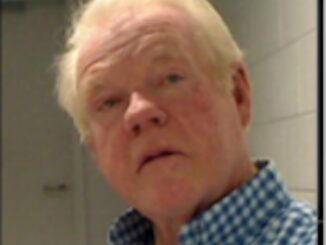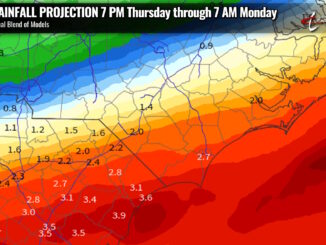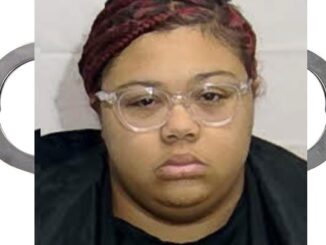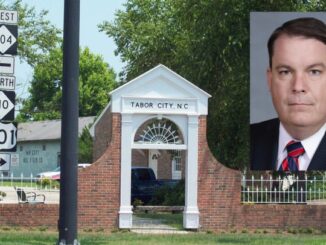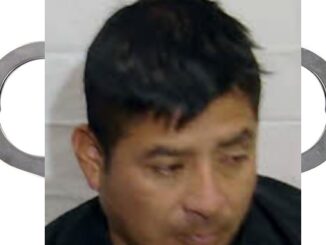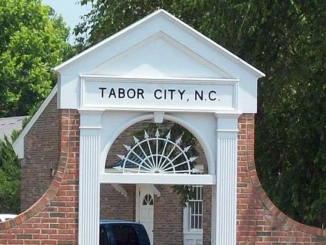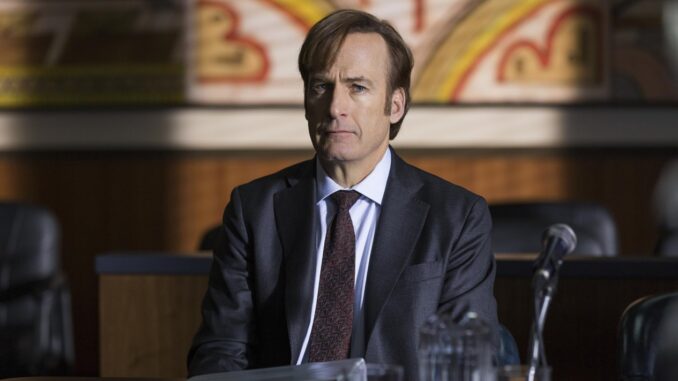
Better Call Saul: A Masterpiece Forged in the Shadows (2015-2022 Netflix)
From the moment the iconic “Saul Goodman” jingle first serenaded our ears, Better Call Saul promised a prequel. What it delivered was nothing short of a masterpiece, a slow-burn, character-driven epic that not only lived up to the impossibly high bar set by its predecessor, Breaking Bad, but in many ways, surpassed it. This isn’t just a crime drama; it’s a profound exploration of morality, consequence, and the agonizing, incremental erosion of a good man’s soul. It earns a perfect 10 out of 10.
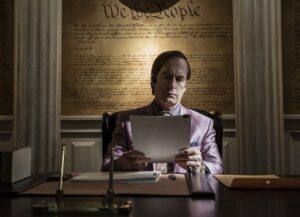
At its core, Better Call Saul is the tragic downfall of Jimmy McGill, a lovable, if perpetually down-on-his-luck, public defender with a knack for bending the rules. Bob Odenkirk imbues Jimmy with a charisma that makes you root for him even as you see the dark paths he’s increasingly drawn to. His transformation into the morally flexible, ethically bankrupt Saul Goodman is not a sudden plunge, but a painstakingly rendered descent, punctuated by moments of genuine kindness and flashes of brilliance that make his eventual corruption all the more devastating.
But Better Call Saul is far more than just Jimmy’s story. The show excels in its intricate weaving of its ensemble cast. Rhea Seehorn as Kim Wexler delivers a career-defining performance as Jimmy’s confidante, colleague, and eventual conscience. Kim’s own moral compass is tested and strained, and her journey is as compelling, if not more so, than Jimmy’s. Their complex, often co-dependent relationship forms the emotional bedrock of the series, a beautiful and heartbreaking testament to love and loyalty intertwined with ambition and compromise.
Then there’s the inimitable Gus Fring, portrayed with chilling precision by Giancarlo Esposito. His methodical, ice-cold demeanor is mesmerizing, and Better Call Saul delves deeper into his criminal empire, showcasing the meticulous planning and ruthless efficiency that make him such a formidable antagonist. The supporting cast, from the wonderfully nuanced Nacho Varga (Michael Mando) to the hulking, enigmatic Mike Ehrmantraut (Jonathan Banks), are all given their due, their storylines enriched and expanded in ways that feel organic and essential.

What truly sets Better Call Saul apart is its masterful storytelling. Vince Gilligan and Peter Gould have crafted a narrative that is both patient and propulsive. The pacing is deliberate, allowing for rich character development and intricate plot construction. Each scene is meticulously crafted, each line of dialogue carries weight, and the visual storytelling is simply breathtaking. The cinematography is stunning, the use of recurring motifs and symbols is ingenious, and the occasional desert landscapes shot feel both epic and isolating, mirroring the characters’ own journeys.
The brilliance lies in its understanding of consequence. Better Call Saul doesn’t just present a story; it meticulously unpacks the “why” behind the “what.” We see the small decisions, the compromises made, the moments of weakness that incrementally chip away at integrity. The show understands the allure of ambition and the siren song of escape, and it portrays these struggles with unflinching honesty.
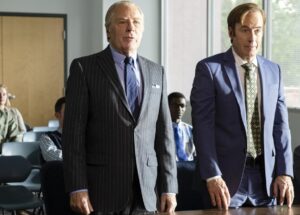
Even for those who have seen Breaking Bad, Better Call Saul offers a fresh perspective, enriching the original narrative with new context and deeper emotional resonance. The foreshadowing is subtle yet impactful, and the callbacks feel earned, never gratuitous. The final season, in particular, is a triumph, bringing the disparate threads together in a conclusion that is both inevitable and profoundly moving.
I Give This Series 10 Out of 10 Stars
– Anthony Ferrara








